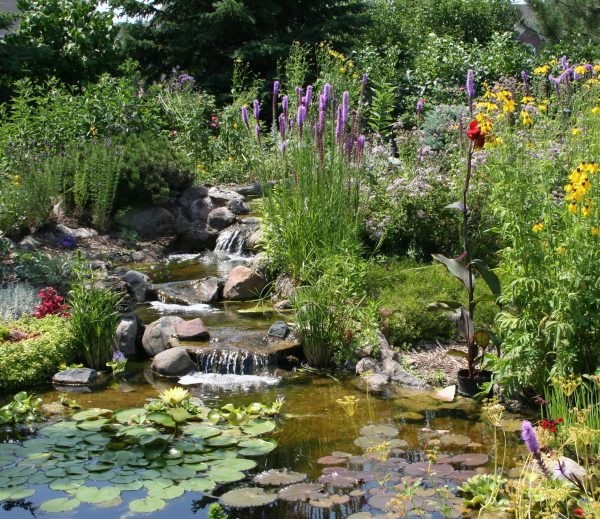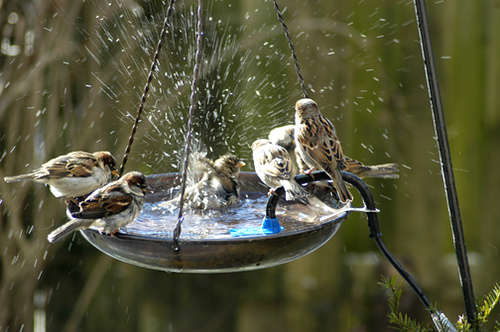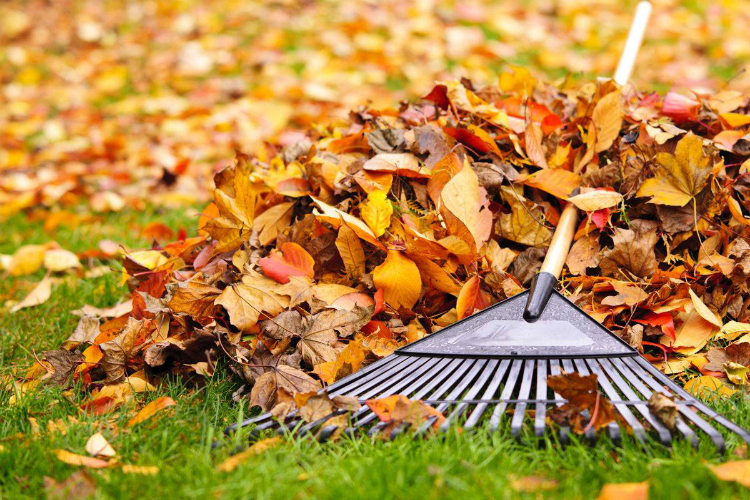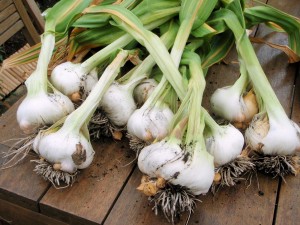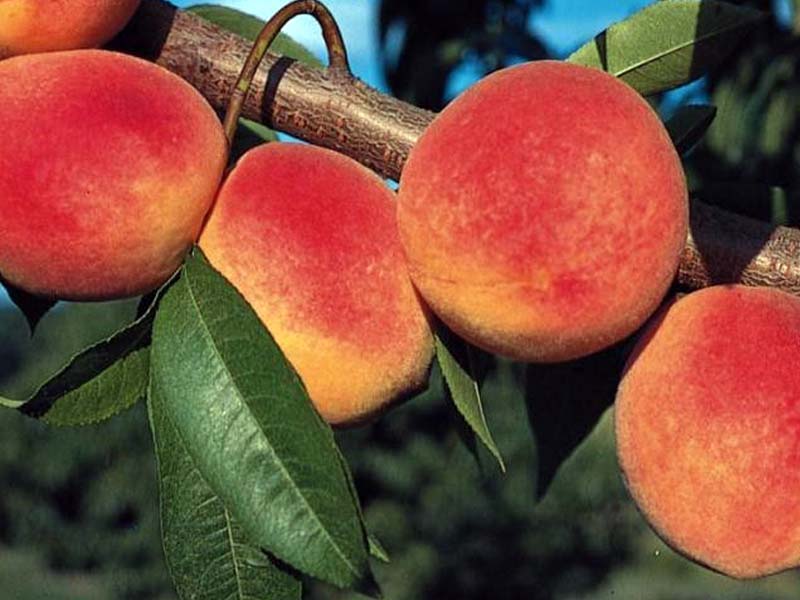BLOG
October 25, 2016
Find Me Where the Wild Things Are
It’s a line out of a great book and a mantra that many practice in their gardens. Wildlife Gardening is a term that refers to the creation of an environment by a gardener that serves as a sustainable habitat for native wildlife. This could include plants, birds, reptiles, insects, amphibians and even mammals. One of the nice things about a well cultivated wildlife garden is the minimal need for gardener intervention, with established biodiversity many
October 13, 2016
Inviting Birds to your Garden
As the winter season approaches (yes it’s coming) we will see our feathered will fly south but many will stay through the cold winter months. They will appreciate the occasional snack from a feeder placed strategically in your garden but just as important are other needs such as water and shelter. Here are some tips to ensure avian success. Trees and shrubs have a lot of different values – as nesting sites, insect (food) hiding
September 28, 2016
Things to do in your Fall Garden
It seems the weather has finally turned. Fall arrived last week and with it comes the welcome cooler temperatures and fresh air. I love this time of year, bright clear skies, pumpkin lattes and comfy cozy sweaters. It’s also a bittersweet time as I begin to the process of preparing my garden for the winter months. Here are my tips for the fall garden season: Plant fall containers: Mums, Cabbage, Kale, Asters and more! Planting
September 15, 2016
Planting Garlic
Fall is traditionally the time to plant garlic in our region. As part of the allium family (like Onions) garlic is sensitive to the length of daylight periods, so it does it’s best growing during the long days of summer. By planting in the Fall you provide the plant a jump start on the growing season and it will prove to be one of the first shoots of green you see next spring. Garlic is
August 16, 2016
Red Haven Peaches – Why all the hype?
There are over 2000 varieties of peaches on this planet, so it goes without saying there’s a lot more choice than most of us will every need. One of the most popular peaches remains the The Redhaven – the peach that all other peaches are judged against. A medium fruit with brilliant red over yellow skin; yellow flesh is juicy, sweet, and fine grained. Redhavens are ready for picking around the end of July to


